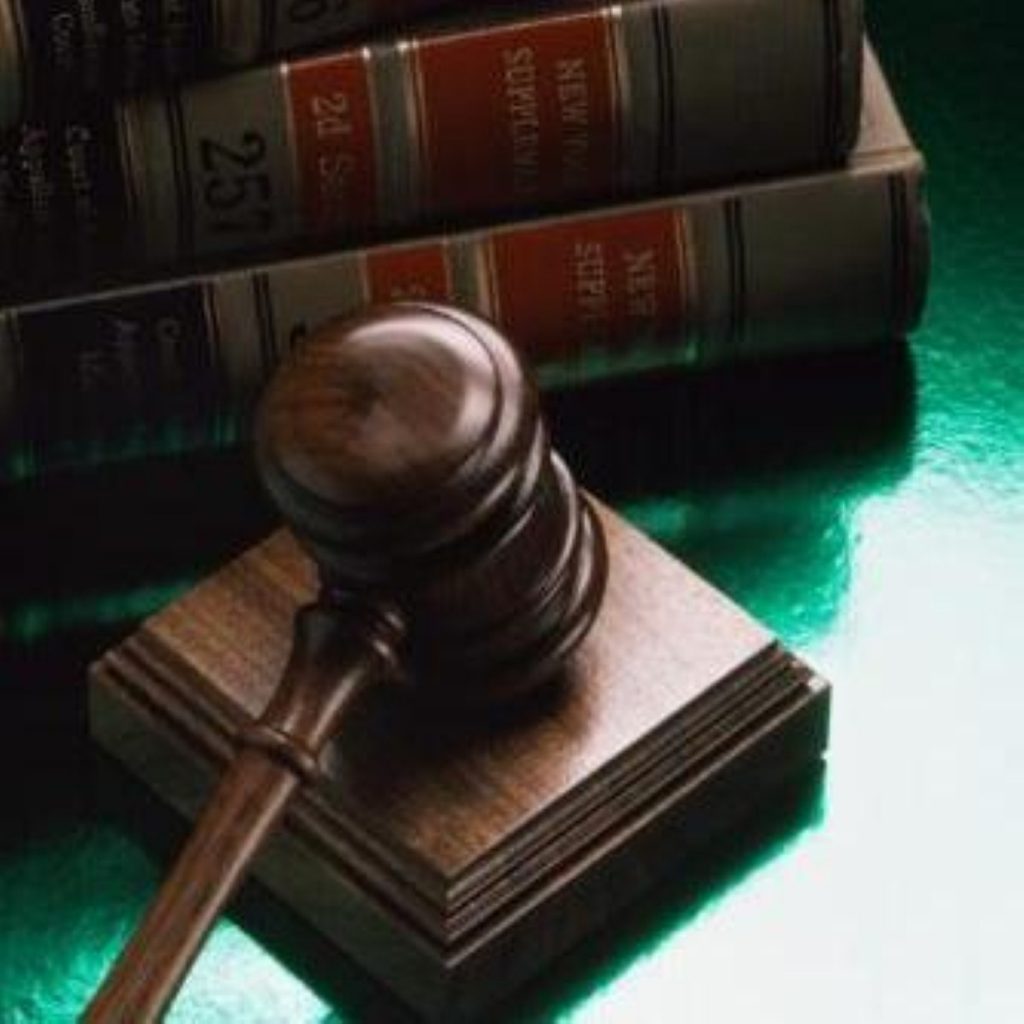High court overturns Saudi-BAE ruling
The high court has overturned a previous ruling against the Serious Fraud Office (SFO), saying in a 5-0 judgement it acted lawfully in cancelling a corruption investigation into an arms deal with Saudi Arabia.
The original judgment last April found the director of the SFO had failed to exercise his independent judgment in halting a corruption investigation into the links between BAE, a British arms company, and the Saudi government.
The high court gave the SFO permission to appeal against the ruling, and today’s verdict was the office’s last chance to escape the political consequences of its decision to halt the investigation.
One law lord – Baroness Hale – admitting wanting to vote against the SFO, saying it was “extremely distasteful that an independent public official should feel himself obliged to give way to threats of any sort”.


Nevertheless, she said, “I agree that [the director’s] decision was lawful.”
Nicholas Hildyard of The Corner House – one of the groups which brought the legal action – said: “Now we know where we are.
“Under UK law, a supposedly independent prosecutor can do nothing to resist a threat made by someone abroad if the UK government claims that the threat endangers national security.
“The unscrupulous who have friends in high places overseas willing to make such threats now have a ‘get out of jail free’ card – and there is nothing the public can do to hold the government to account if it abuses its national security powers.”
Symon Hill of the Campaign Against the Arms Trade (CAAT) said: “BAE and the government will be quickly disappointed if they think that this ruling will bring an end to public criticism.”
The director of human rights policy at Justice, Eric Metcalfe, said: “It is a sad day for the rule of law when a senior prosecutor bows to threats from a foreign government.”
Liberal Democrat leader Nick Clegg said: “This ruling is a legal licence for international blackmail.
“The rule of law in Britain now seems to depend on the whims of foreign governments.
The original investigation into BAE began when the SFO discovered allegations of bribes to the Saudi royal family – in particular Prince Turki bin Nasser – and government officials to secure an arms deal.
The deal was called the Al Yamamah contract and it earned BAE £43 billion in its first 20 years alone. It was paid for by the shipping of 600,000 barrels of oil a day to the UK government.
But the allegations described a £60 million slush fund operated in relation to the deal, with the money being spent mostly through a front company called Robert Lee International.
There were widespread reports the SFO investigation was cancelled due to Saudi threats to cancel the arms deal and withdraw diplomatic and intelligence cooperation, but these were quickly rejected by then-prime minister Tony Blair, who said cancelling the investigation was in the UK’s national interest.
That decision was treated harshly by the high court when it came to review the case.
“So bleak a picture of the impotence of the law invites at least dismay, if not outrage,” the judgement read.
“Surrender merely encourages those with power, in a position of strategic and political importance, to repeat such threats… those who wish to deliver a threat designed to interfere with our internal, domestic system of law, need to be told that they cannot achieve their objective.”
One hundred and twenty five cross-party MPs signed an early day motion criticising the decision and over 130 NGOs, including Amnesty International and Friends of the Earth called for the investigation to be reopened.









